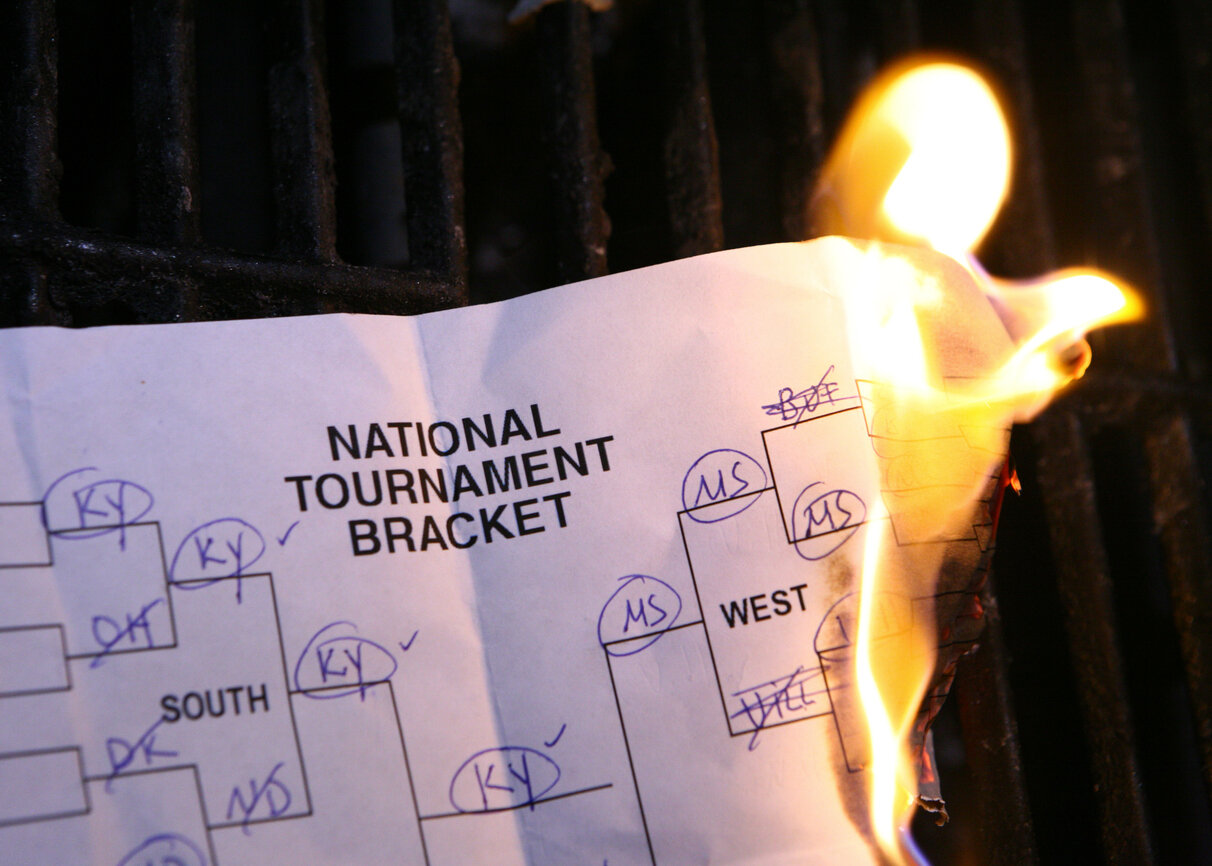The Real March Madness: NCAA Seeks to Immunize Its Exploitation of College Basketball and Football Players
Groups and Scholars Join to File Brief Supporting Players in Their Fight Against the NCAA Cartel
WASHINGTON — The Open Markets Institute, together with the Strategic Organizing Center, Color of Change, National Employment Law Project, Towards Justice and three economics and law scholars, filed an amici curiae brief in support of current and former college basketball and football players in their antitrust lawsuit against the National Collegiate Athletic Association (NCAA).
The brief was filed just as college basketball’s “March Madness” tournament is about to begin—the men’s competition generates around $800 million in annual revenue for the NCAA. The brief alleges that the lower courts, while granting the players a partial win against the NCAA, did not fully vindicate their right to a fair, competitive market for their talents and services. Specifically, the district court and the Ninth Circuit found that the NCAA’s labor market restraints are illegal but upheld most of the NCAA system because college sports fans purportedly value the fact that basketball and football players are not fairly paid (unlike professional athletes). This “cross-market” balancing of harms to the players against supposed benefits to sports viewers undercuts the Sherman Act’s protection of workers and other producers.
“The NCAA has prohibited colleges from competing for players’ services by offering salaries and benefits. It is a classic wage-fixing cartel. Under the lower courts’ cross-market balancing, employers across the economy, whether colleges in the NCAA, Uber, or Amazon, could impose restraints on workers and escape liability by pointing to benefits to consumers,” said Sandeep Vaheesan, Legal Director of Open Markets Institute. “College sports are among the most popular events in America. Under the current system, the mostly white coaches and administrators make six- or seven-figure salaries annually, while compensation for the disproportionately Black athletes is capped at the cost of attending college (tuition, room and board, and other school-related expenses). The Sherman Act is meant to protect players and all workers from collusion among employers. In defiance of a substantial body of law and in defense of its unjust system, the NCAA demands the Supreme Court grant it an effective antitrust exemption.”
“Student athletes, a majority of whom are Black, operate as essentially unpaid laborers generating billions of dollars for the NCAA every single year. This is worker exploitation, plain and simple, and its racist overtones cannot be ignored,” said Michael Zucker, Executive Director of the Strategic Organizing Center. “As a labor organization, we have seen time and time again the disparity between wealthy, white executives and a more diverse, underpaid workforce on the ground floor. Over and over again we have witnessed the lopsided treatment workers of color face every day. It’s high time that we put the needs of these workers first, so that NCAA players may finally receive fair compensation and respect for their talent and hard work on, and off, the court.”
Read the full brief here.
###

